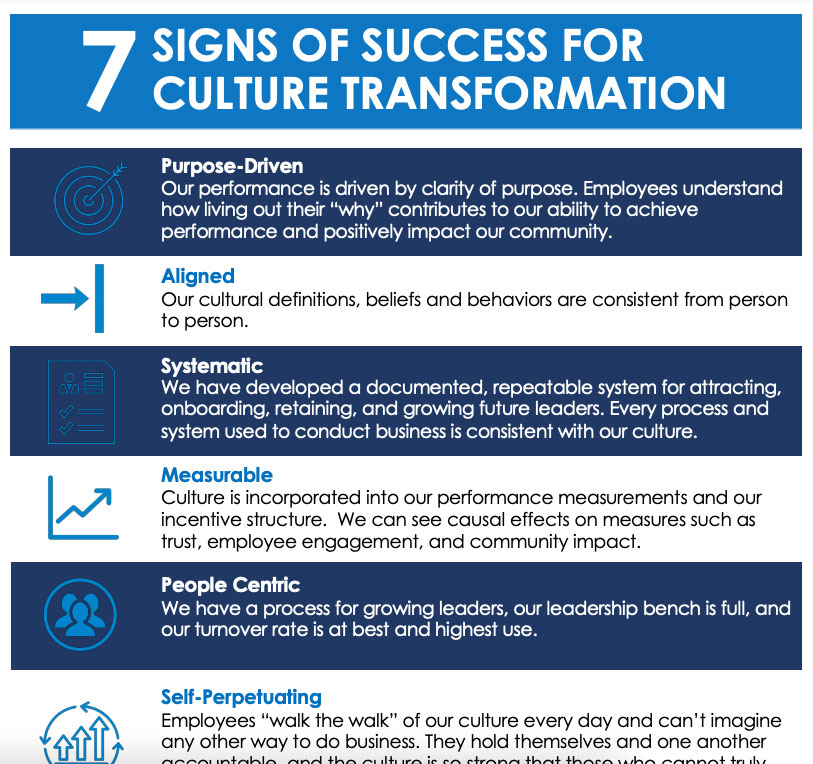Uncover the secrets to cultivating a thriving corporate culture that boosts morale, productivity, and ultimately leads to success.
Table of Contents
Introduction to Corporate Culture
Corporate culture is like the personality of a company—it’s what makes each business unique. Just like how you have your own way of doing things and favorite activities, companies also have their own special vibe that sets them apart. But why is corporate culture so important for businesses to grow?
Well, imagine if everyone in a company worked well together, felt motivated, and enjoyed coming to work every day. That kind of positive environment can help a company become stronger and reach its goals faster. That’s why having a vibrant corporate culture is key to helping companies grow and succeed.
The Role of Leadership in Shaping Culture
Leadership plays a crucial role in shaping the culture of a company. The way leaders behave and make decisions greatly impacts how employees think, feel, and act within the organization. Let’s dive into how leadership influences corporate culture.
Leading by Example
When company leaders demonstrate positive values and behaviors, they set a standard for everyone else to follow. If leaders show respect, integrity, and collaboration, employees are more likely to embody these qualities as well. On the other hand, if leaders act unethically or disrespectfully, it could create a toxic work environment.
Communication and Vision
Clear communication is essential for building a strong corporate culture. Leaders must effectively convey the company’s mission, values, and goals to ensure everyone is on the same page. A shared vision unites employees towards a common purpose and helps them understand how their individual contributions contribute to the bigger picture.
Fostering Workplace Productivity
Creating a positive and supportive work environment is crucial for boosting productivity in any company. When employees feel motivated, valued, and encouraged to work together as a team, they are more likely to excel in their roles and contribute to the overall success of the business. Let’s delve into how fostering workplace productivity through a strong corporate culture can lead to thriving organizations.

Image courtesy of www.rhythmsystems.com via Google Images
Teamwork and Motivation
Teamwork is like putting together a puzzle – each person’s unique abilities and contributions come together to create a beautiful picture. When employees collaborate, share ideas, and support each other, they can achieve more together than they could on their own. A positive corporate culture that promotes teamwork fosters a sense of community and belonging among team members, leading to increased productivity and job satisfaction.
Moreover, motivation plays a significant role in driving employees to perform at their best. When workers feel motivated, they are more likely to take on challenges, strive for excellence, and go the extra mile to accomplish their goals. By recognizing and appreciating employees’ efforts, companies can instill a sense of pride and motivation that fuels productivity and engagement in the workplace.
Reward and Recognition Systems
Imagine a world where everyone’s hard work goes unnoticed – it wouldn’t be very inspiring, would it? That’s why implementing effective reward and recognition systems is essential for maintaining high levels of productivity and morale within an organization. When employees know that their efforts are valued and acknowledged, they are more likely to feel motivated to continue performing at their best.
Rewards can come in various forms, such as monetary bonuses, extra time off, or even public recognition in front of colleagues. By regularly acknowledging and rewarding employees for their contributions, companies can cultivate a culture of appreciation and positivity that translates into improved productivity and performance across the board.
Sustainable Business Practices
When we talk about sustainable business practices, we are referring to the ways in which companies can operate in a manner that is not only profitable but also environmentally and socially responsible. This means taking care of the planet and the people in the community while still growing and succeeding as a business.
Environmental Responsibility
Businesses have a significant impact on the environment. They use resources like water, energy, and materials in their operations, which can contribute to pollution and waste. By implementing sustainable practices, companies can reduce their carbon footprint, minimize waste, and protect natural resources for future generations. For example, using renewable energy sources, recycling materials, and reducing packaging can all help in making a positive environmental impact.
Social Impact
It’s not just about the environment – companies also have the power to make a difference in society. By giving back to the community through volunteering, donating to charitable causes, or supporting local initiatives, businesses can build a positive reputation and create a lasting impact. Social responsibility can also extend to how a company treats its employees, ensuring fair wages, safe working conditions, and opportunities for growth and development.
Entrepreneurship and Corporate Culture
Entrepreneurship is like planting seeds of new ideas in a garden called a company. These seeds need a fertile ground to grow, and that ground is the corporate culture. A vibrant corporate culture embraces the spirit of entrepreneurship, fostering innovation, creativity, and growth within the organization. Let’s explore how entrepreneurial thinking can contribute to a positive corporate culture.

Image courtesy of executiveexcellence.com via Google Images
Innovation and Creativity
Imagine a company as a big puzzle waiting to be solved. Entrepreneurs are like the puzzle masters, who don’t just fit the pieces together but also create new ones. In the context of corporate culture, fostering a culture of innovation and creativity means encouraging employees to think outside the box, come up with fresh ideas, and explore new possibilities. This kind of culture fuels continuous improvement and keeps the company agile and adaptable in a fast-paced world.
Risk-Taking and Growth
Just like a plant needs water and sunlight to grow, a company needs risk-taking to flourish. Entrepreneurs are not afraid to take risks because they understand that without risk, there can be no growth. In the realm of corporate culture, encouraging calculated risks means creating a safe space for employees to experiment, learn from failures, and embrace uncertainty. This kind of environment cultivates resilience and propels the company forward, driving innovation and progress.
Measuring Success in Business Growth
When it comes to measuring the success of a company’s growth, there are various metrics that can be used. One common metric is revenue growth, which looks at how much money the company is making over a certain period of time. Another important metric is customer growth, which measures the increase in the number of customers using the company’s products or services.
Profit margin is also a key metric to assess business growth. This metric looks at how much profit the company is making from its revenue. If the profit margin is increasing, it indicates that the company is becoming more efficient and profitable.
Continuous Improvement
Continuous improvement is crucial for both corporate culture and business growth. It involves constantly looking for ways to make processes better, faster, and more efficient. By striving for continuous improvement, companies can adapt to changing market conditions and stay ahead of competitors.
Implementing feedback mechanisms and listening to employees can help identify areas for improvement. By fostering a culture that values learning and growth, companies can create a positive environment where employees feel empowered to contribute their ideas and innovate.
Conclusion
In conclusion, corporate culture plays a vital role in the success of any business. It is the heartbeat of a company, shaping its identity, values, and overall environment. By fostering a positive corporate culture, businesses can achieve sustainable growth and create a thriving workplace for all employees.
Leadership and Corporate Culture
Effective leadership is crucial in shaping and maintaining a healthy corporate culture. Leaders set the tone for the organization through their actions, decisions, and communication. By leading by example and sharing a clear vision, they inspire employees to work towards common goals and uphold the values of the company.
Workplace Productivity and Culture
A positive corporate culture fosters teamwork, motivation, and a sense of belonging among employees. When individuals feel valued and supported, they are more likely to be productive and engaged in their work. Implementing reward and recognition systems further boosts productivity by acknowledging and celebrating employees’ hard work.
Sustainable Business Practices
Incorporating sustainability into corporate culture not only benefits the environment but also contributes to long-term success. Businesses have a responsibility to act as good stewards of the environment and make a positive impact on society. By adopting sustainable practices, companies can enhance their reputation, attract customers, and create a better world for future generations.
Entrepreneurship and Innovation
Entrepreneurial thinking within companies encourages innovation, creativity, and a culture of continuous improvement. Embracing new ideas and taking calculated risks can lead to growth, drive competitiveness, and keep the company dynamic and adaptable to change. By fostering a culture of entrepreneurship, businesses can stay ahead of the curve in a rapidly evolving market.
Measuring Business Growth and Success
Measuring success in business growth involves tracking key metrics and focusing on continuous improvement. By evaluating factors such as revenue growth, market share, and customer satisfaction, companies can gauge the effectiveness of their corporate culture in driving success. Continuous improvement is essential for both culture and growth, ensuring that businesses remain competitive and relevant in the ever-changing business landscape.
Overall, corporate culture is the cornerstone of a successful business. Strong leadership, a focus on productivity, sustainable practices, entrepreneurial thinking, and a commitment to growth all contribute to creating a vibrant and thriving workplace. By prioritizing these factors, companies can cultivate a culture that not only drives success but also fosters positive relationships, enhances employee well-being, and makes a meaningful impact on the world around them.
Generated by Texta.ai Blog Automation








